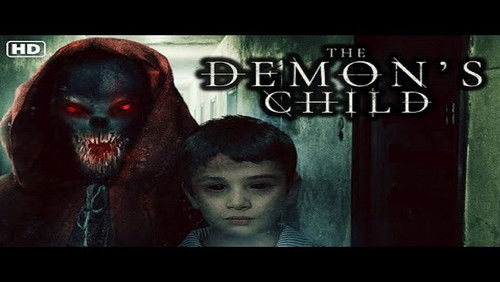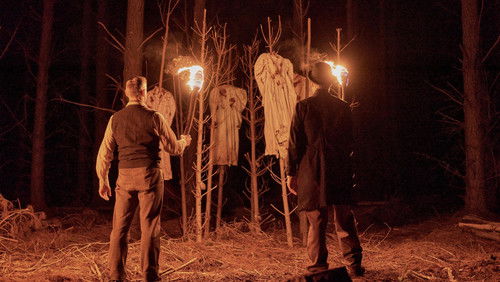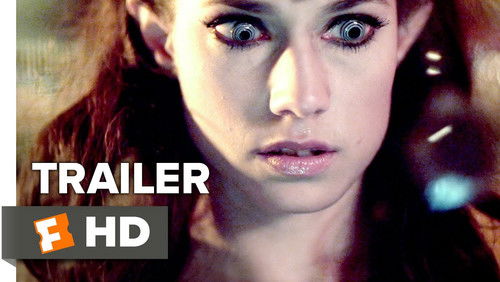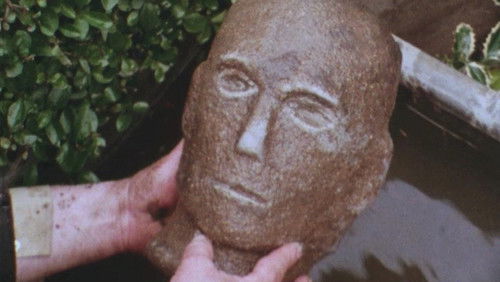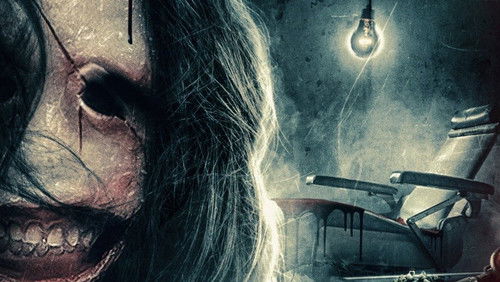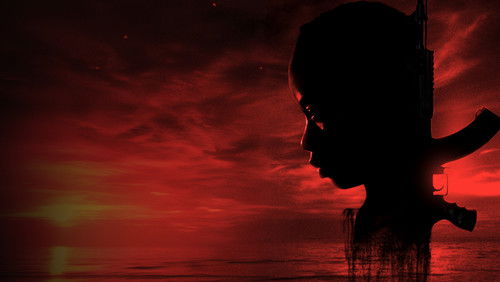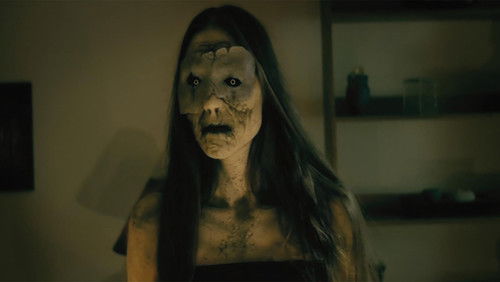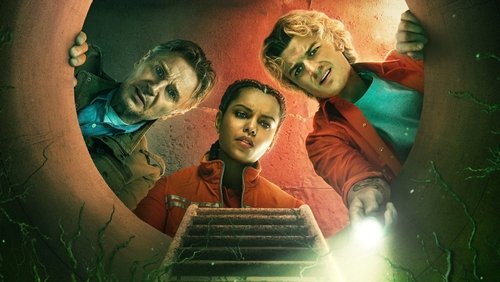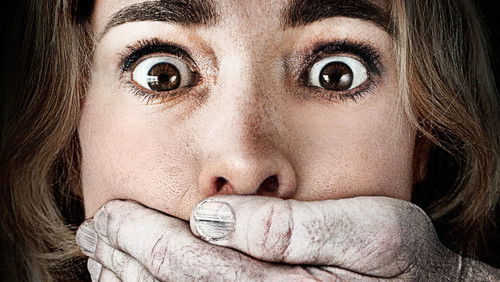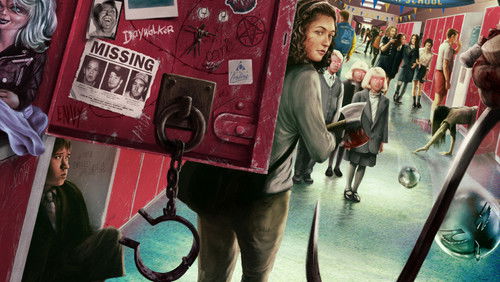I, Monster (1971)
47KI, Monster: Directed by Stephen Weeks. With Christopher Lee, Peter Cushing, Mike Raven, Richard Hurndall. In the Nineteenth Century, in London, the psychologist Charles Marlowe researches a new drug capable to release inhibitions and uses his patients as guinea pigs. He discusses the principles of Freud with his friend Dr. Lanyon and decides to experiment his drug in himself. He becomes the ugly and evil Edward Blake and his friend and lawyer Frederik Utterson believes Blake is another person that might be blackmailing Charles. Meanwhile Charles loses control of his transformation.
“With this feature, Amicus Studios (a British production company founded merely to cash in on the huge success of contemporary competitor Hammer, though with lower budgets and mainly specializing in anthology films) attempted to present its very own adaptation of the legendary and numerously retold novel u0026quot;Dr. Jekyll and Mr. Hydeu0026quot;, by Robert Louis Stevenson. However, u0026quot;I, Monsteru0026quot; turned out to be a rather curious movie and I honestly canu0026#39;t say for sure what it was that Amicus wanted to achieve and whether or not they succeeded in their effort. At first I assumed u0026quot;I, Monsteru0026quot; was going to be only loosely inspired by the classic story, since there already are so many reminiscent versions available on the market and even more so because the screenplay changes the names of the protagonist from Dr. Jekyll and Mr. Hyde into Dr. Marlowe and Mr. Blake. But then it rapidly becomes obvious that this is actually one of the faithful adaptations of Stevensonu0026#39;s story, so that canu0026#39;t be an option. On a slightly off-topic note, in case you are looking for an offbeat and extremely loose interpretation of the same story, you can turn to the aforementioned Hammer again and check out u0026quot;Dr. Jekyll and Sister Hydeu0026quot;. Maybe the original mission was to make the very first 3-D version of u0026quot;Jekyll and Hydeu0026quot;, but that idea got abandoned in a fairly early stage as well and itu0026#39;s only still noticeable in some minor visual and cinematographic details. So, basically, all that remains is another redundant but nevertheless worthwhile re-enactment of a fantastic tale, once more pairing two of the greatest horror actors ever (Peter Cushing and Christopher Lee) and competently directed by one of the youngest filmmakers of that time. Stephen Weeks was still in his early twenties in 1971. I bet it must be a truly unique experience to give Lee and Cushing instructions on a film set on that age…u003cbr/u003eu003cbr/u003eLee and Cushing donu0026#39;t deliver their greatest performances here (far from it actually), but even at their most mediocre they nonetheless remain a joy to behold. Lee stars as Dr. Marlowe, a successful psychiatrist and devoted disciple of Sigmund Freudu0026#39;s theories. He firmly believes that mental illnesses can be caused by the repression of the true human nature (which is vile, mean and aggressive) and that both sides of the personality can easily be separated. He develops a drug, experiments on himself and gradually turns into a more relentless and incurable monster after each injection. His friends, including Peter Cushing as his attorney, want to help Dr. Marlowe but they automatically assume this mysterious Mr. Blake is an entirely different persona. The overall story is commonly known and this version doesnu0026#39;t feature any noteworthy differences. The doctoru0026#39;s transformations – mentally as well as physically – grow more monstrous, but the remarkable thing is he is the scariest during the earliest phases! Near the filmu0026#39;s climax, Christopher Lee looks unrecognizable and heavily deformed but after the first couple of drug dosages he simply puts on a menacing and genuinely unsettling Joker-type of smile. Can you imagine Christopher Lee with a big smile like that? Now, THAT is scary stuff!”
